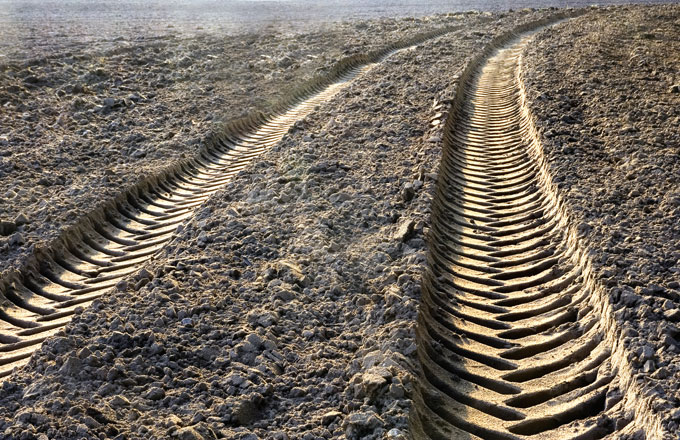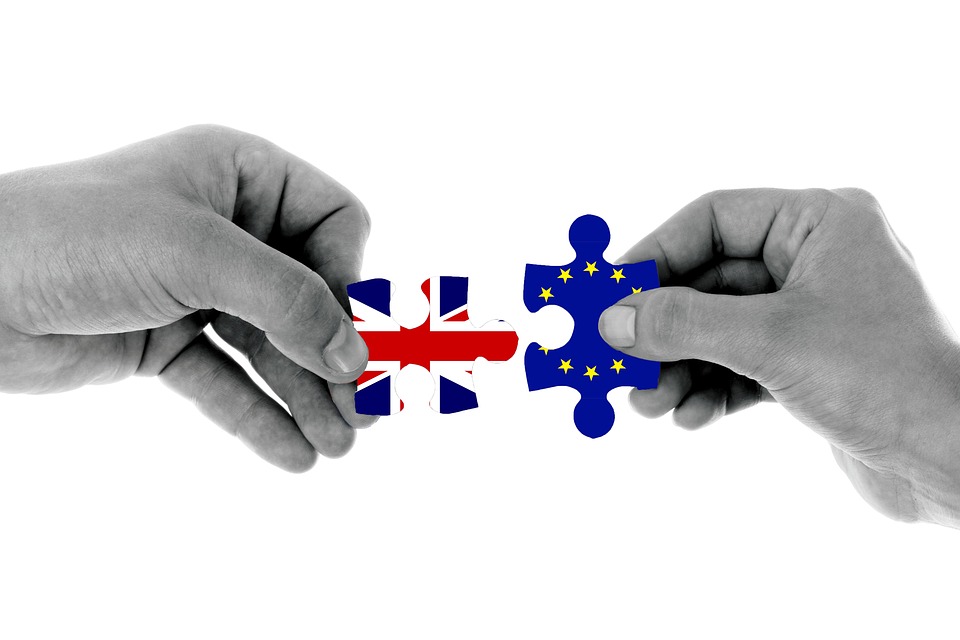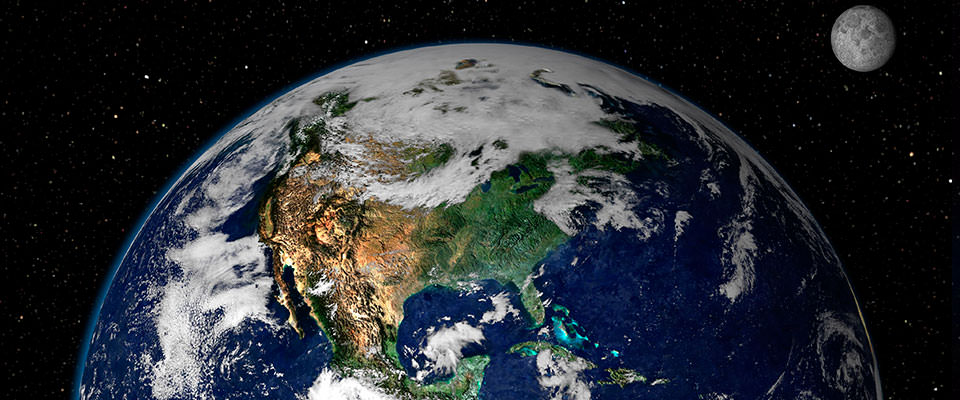A closer look: a landmark study in environmental justice in Ireland

24 March 2022
A new study of environmental justice in Ireland was published today – and there’s a lot in it.
Researchers from Dublin City University (DCU) undertook the first effort of its kind to use available data to paint us a national picture of the state of environmental justice and launched it officially this morning with Community Law & Mediation.
We’ve taken our time to comb through it and there’s a number of things that stood out to us.
We’ve got an access to justice problem.
This report is further evidence that Ireland has an ongoing problem in relation to citizen’s being able to participate in environmental planning decisions – and that’s for a number of reasons.
To date, if a member of the public would like to make a planning submission on a development, you’re looking at a €20 fee just to send that in to the relevant authority. If you’d like to have your voice heard on anything that would be considered strategic infrastructure, which is broadly defined as any development with strategic economic or social importance, that’ll come at a cost of €50.
All in all, Ireland continues to be the most expensive EU member state to make an environmental claim before the courts, according to the study.
That creates significant barriers to those who might not be able to clear these significant financial hurdles, therefore leaving a number of people unable to take part in decisions that affect them.
It’s no surprise then that the authors conclude that many communities see themselves as being excluded from environmental and planning debates that are regarded as concerns exclusively to the property-owning middle class.
Air quality affects us differently – and we need more data.
One repeated thread throughout the study is that there’s a notable information gap when it comes to environmental justice issues in Ireland, and one of those gaps includes the effects of air pollution on children.
A number of studies have shown how air pollution negatively impacts health outcomes in Ireland, including one from the The Environmental Protection Agency (EPA) which attributed 1300 premature deaths a year in Ireland to it.
However, the authors note that there is no published research on the impacts poor air quality has on children in disadvantaged urban areas – which is particularly important because they are more vulnerable to air pollution. They take more breaths and their shorter height brings them closer to sources of roadside pollutants, like car exhaust.
The two main sources of air pollution are from vehicles and solid fuel burning, and the latter is often used by low-income households to heat their homes.
That means they are exposed to air pollution for longer time periods, and women tend to be notably vulnerable to it because they’re more likely to be primary caregivers spending more time at home.
We need to dig deeper into transport poverty.
Transport poverty is a term many of us might not have come across before and it refers to a lack of access to essential goods and services.
An example of it would be someone living in an area that requires car ownership and not being able to afford the maintenance and use of a car. As a result, they have difficulty accessing jobs, shops and public amenities.
Ireland has been a long-standing car dependent country and the trend really exploded in the 2000s. Looking at 2019 data regarding journeys on Irish roads, a staggering 74 per cent were made by cars. Active travel accounted for 18 per cent of them and public transport journeys were in the single digits.
The study published today notes that the concept of transport poverty is under-explored and poorly articulated due to the enduring primacy of the private car.
And due to this trend, more space is given to private cars in urban areas, meaning that mobility and access for other modes of transport is diminished.
Alongside this dependence on the car there are also high levels of transport disadvantage in Ireland, with authors noting that based on the Pobal Index, there are large areas of the country in the north-west, west and south-west experiencing this.
The Traveller Community is facing a number of environmental justice issues.
Local authorities have time and time again failed to provide the previously funding-earmarked, required accommodation for Travellers in Ireland, and as a result many families are forced to remain in temporary halting sites.
These settings have a number of environmental issues with them, as the authors underscore.
Frequently these sites are located near traditional dumps, landfills and motorways, and in the case of the latter, that results in Travellers being closer to road traffic pollution.
Additionally, those living in temporary halting sites have inadequate water or sanitation facilities, creating further health and quality of life issues for those in the community.
The Traveller Community also are disproportionately at risk of energy poverty, meaning they are not able to adequately heat their residences.
77 per cent of the community live in energy poverty, and Travellers on average spend 28 per cent of their disposable income on energy.
To put that into national context – the average latter figure for Ireland is 4.6 per cent.
There are a number of findings and calls for further research in this study – if you’re interested in finding out more, you can have a read of it here.







